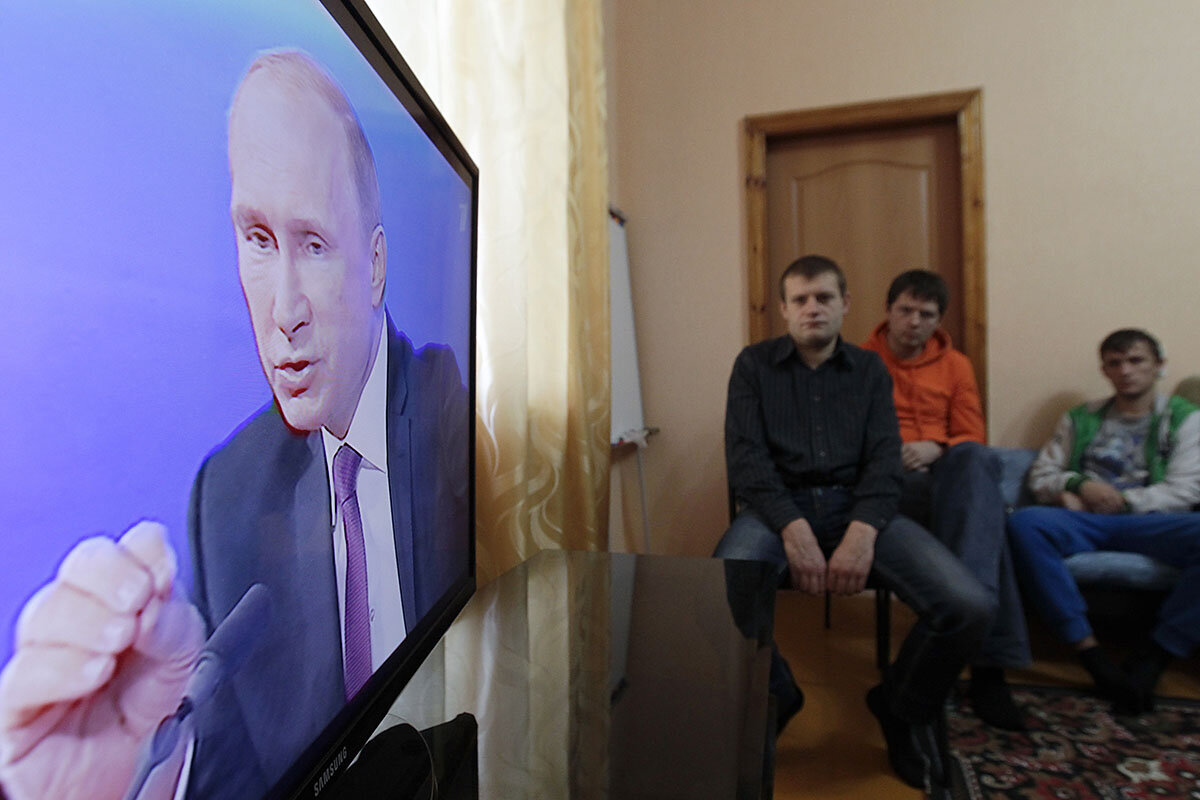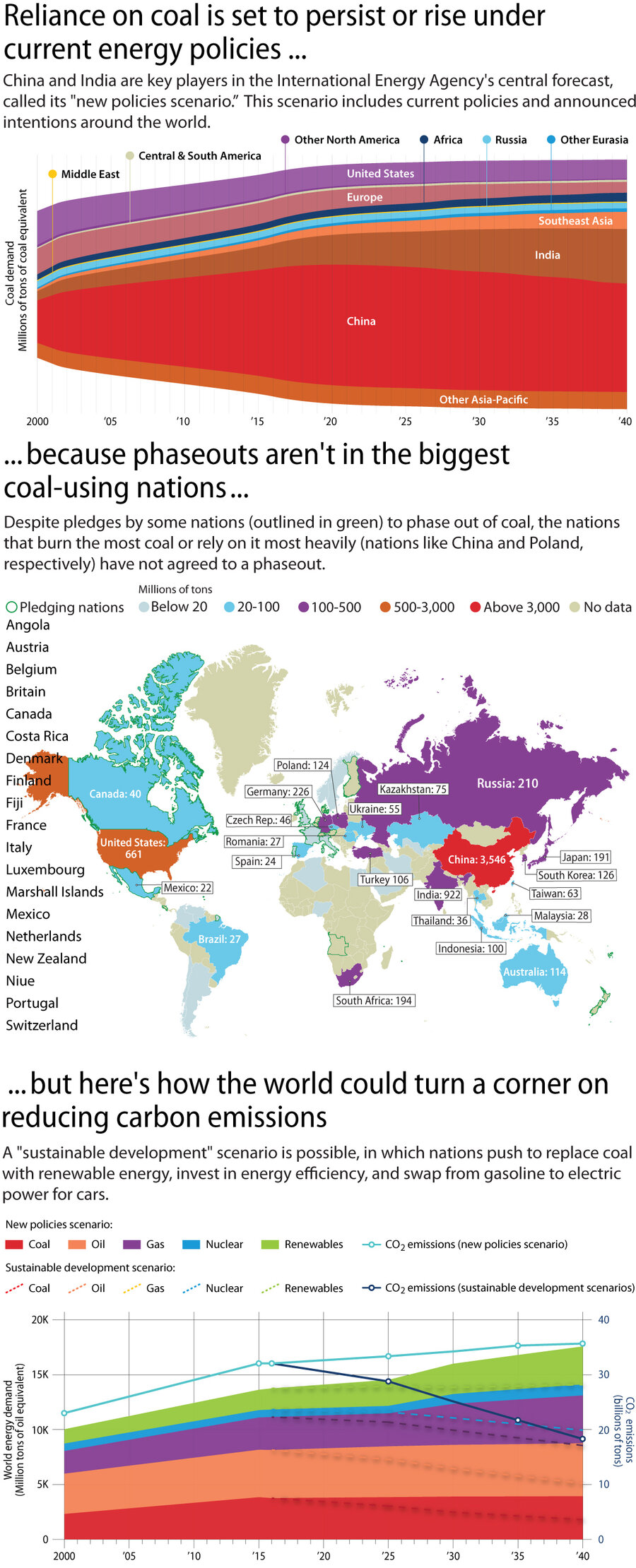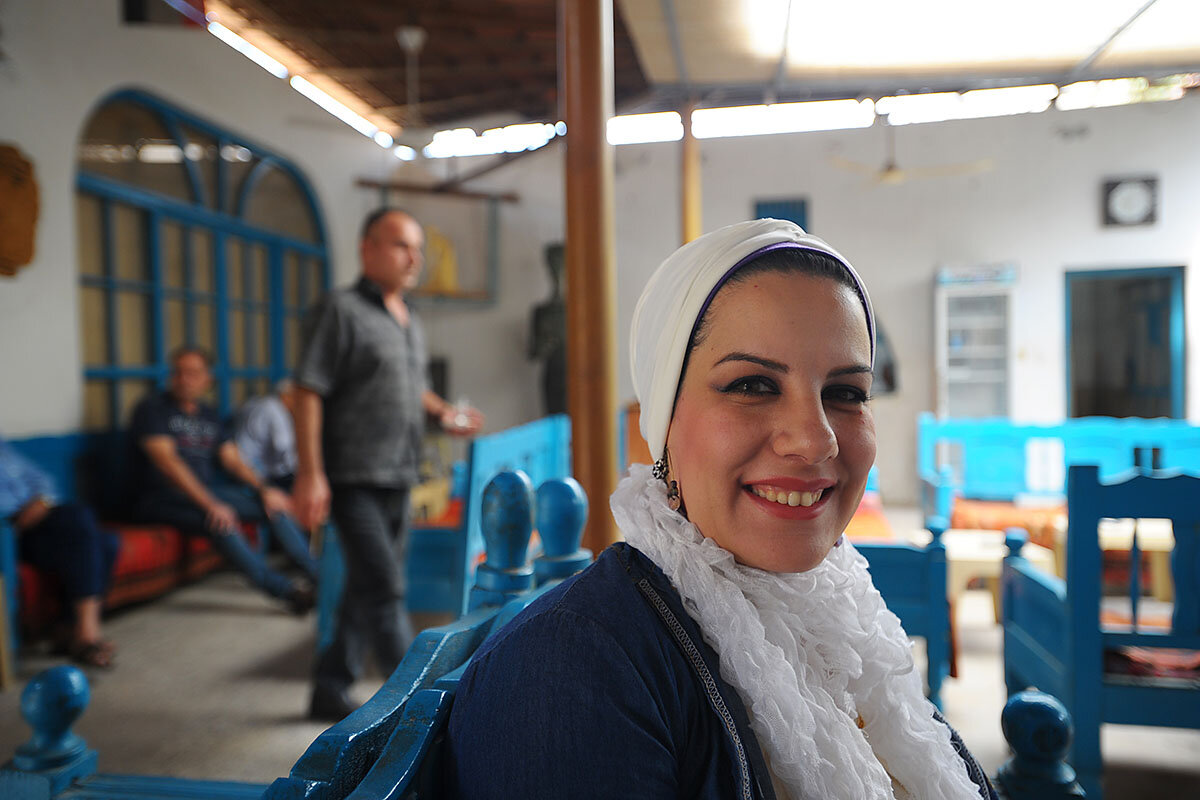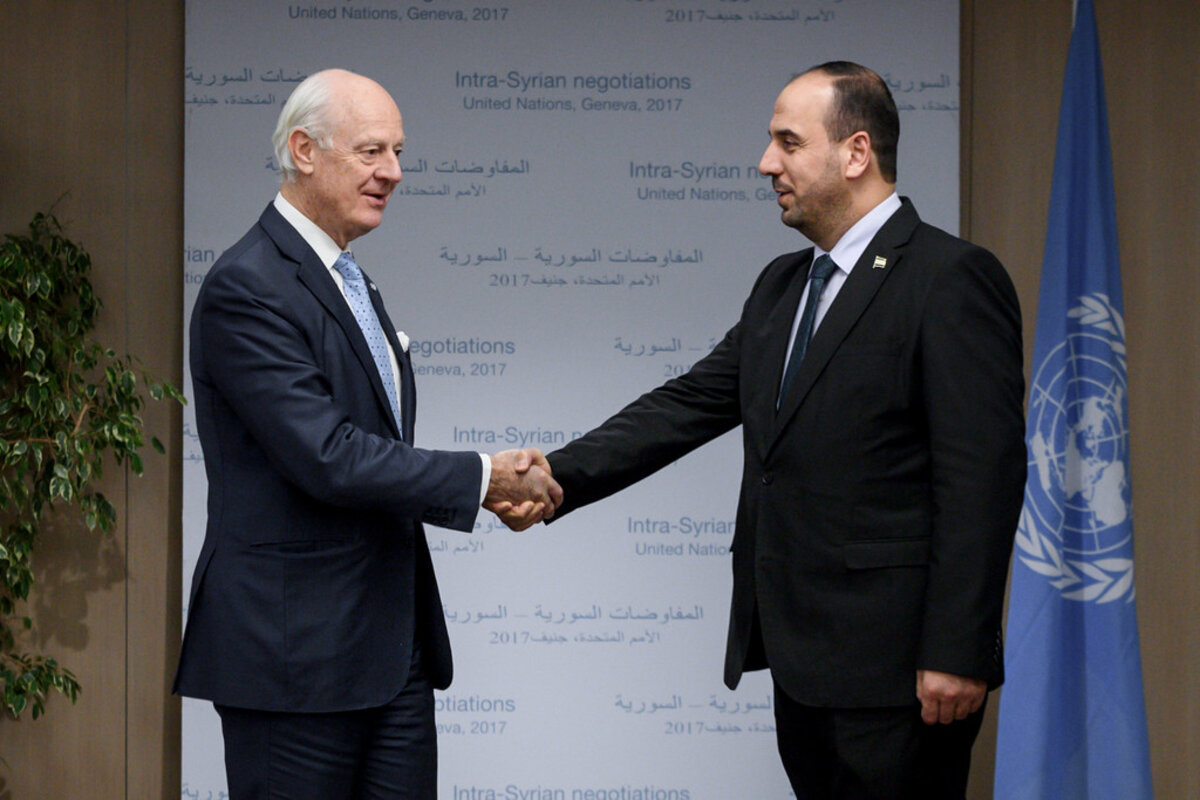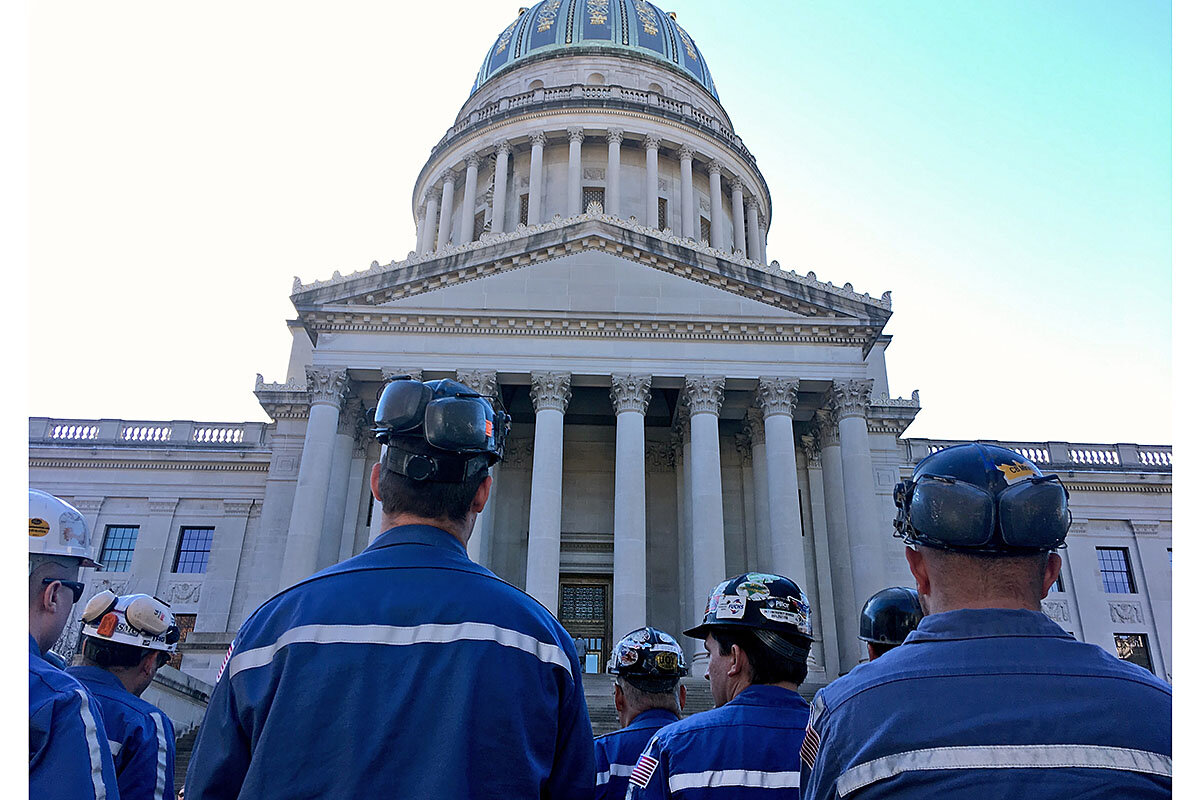In California and beyond, state lawmakers are initiating efforts to dismantle a culture of sexual harassment – and asking what effective steps can be taken to permanently change bad behavior.
Monitor Daily Podcast
- Follow us:
 David Clark Scott
David Clark Scott
Giving Tuesday might be seen as the selfless antidote to Cyber Monday.
Nearly $180 million in charitable donations were made online during Giving Tuesday last year, with an average donation of $107.
If you’re trying to decide where to give, consider GiveWell, a nonprofit that assesses charities based on how much good is done (lives saved or improved) per dollar spent. Among the are the Against Malaria Foundation, which distributes $4 mosquito nets, and Evidence Action’s No Lean Season, which gives no-interest loans to poor rural families during food shortages (often between harvests).
Of course, generosity is often spontaneous – and doesn’t necessarily follow a calendar. Take Johnny Bobbitt Jr., a homeless Marine Corps vet who used his last $20 to buy gas for a stranded motorist on Interstate 95 in Philadelphia. Out of gratitude, Kate McClure started a. In just over two weeks, more than $385,000 has been donated by 13,700 people. Ms. McClure is working with a lawyer to buy Bobbitt a house, his dream car (a 1999 Ford Ranger), and set up two trust funds.
What prompted Bobbitt to help McClure? “I can't constantly take and not give back," ”
Here are our five stories selected for today’s edition, illustrating various paths to progress, as well as compassion and resilience at work.






